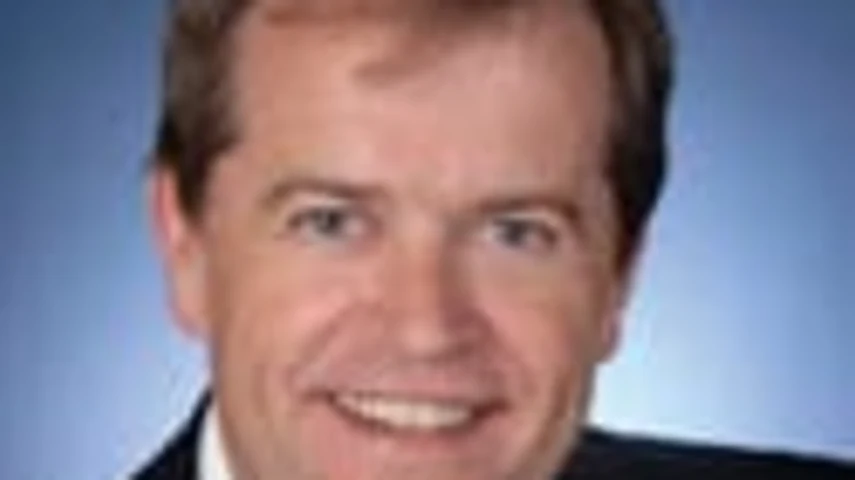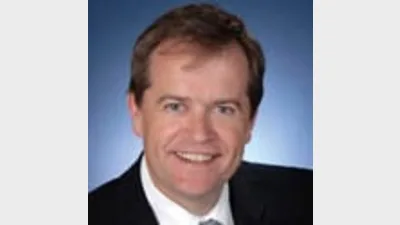Bill Shorten's mega portfolio a reward for factional power



The linking of Workplace Relations and Financial Services reflects factional clout rather than good governance.
Any links which exist between the Workplace Relations and Financial Services portfolios are tenuous at best, making the creation of Bill Shorten's new mega-portfolio more a case of political expediency and reward than good government.
While it had been widely speculated that Shorten would be elevated to the inner Cabinet and handed the Workplace Relations and Employment portfolio, only a very few people had suggested he might also retain responsibility for superannuation. No one had speculated he would retain financial services as a whole.
Industry diplomacy and policy reality mean few if any financial services spokesmen will be openly critical of what has happened but those who are honest will acknowledge it delivers few benefits for the industry and many deficits.
For one thing, at a time when the Productivity Commission ought to be reviewing default superannuation under modern awards an inherent conflict has been generated - one minister will be responsible for both superannuation and workplace relations.
For another thing, the same minister who has been viewed as altogether far too close to industry superannuation funds and, by definition the trade union movement, is now even closer to those two sources of influence.
And what does Shorten's multi-faceted responsibilities say about the influence of the Treasury on the future development of financial services policy? Indeed, what does Shorten's carve-out of a key part of the Treasury portfolio say about the influence of the Federal Treasurer, Wayne Swan?
No other Australian Treasurer has ever had key areas of their portfolio annexed in such a way.
A number of commentators yesterday noted Shorten's elevation to the inner-Cabinet as being a reward for his superior performance as a minister over the past 12 months.
However, any close examination of the manner in which he has handled some key policy issues suggests he is being flattered.
That Shorten is a person of factional influence who is crucial to the continuing leadership of Prime Minister, Julia Gillard is undeniable. However it would be wrong to suggest that his elevation in yesterday's Cabinet reshuffle is owed to anything other than the clout he derives from his Australian Labor Party factional and union allegiances.
The task confronting the financial planning industry in arguing its case for a more workable Future of Financial Advice outcome has just become a little bit harder.
Recommended for you
In this episode of Relative Return Insider, host Keith Ford and AMP deputy chief economist Diana Mousina break down the spike in inflation numbers and what it means for the possibility of a rate cut as we move into the new year.
In this episode of Relative Return Insider, host Keith Ford and AMP economist My Bui explore Prime Minister Anthony Albanese’s trip to the US and the critical minerals deal stemming from his meeting with President Donald Trump.
In this episode of Relative Return Insider, host Keith Ford and AMP chief economist Shane Oliver unpack the latest unemployment numbers and what they mean for a rate cut, as well as how the latest flare-up in the ongoing US–China trade dispute has highlighted the remaining disparity between gold and bitcoin.
In this episode of Relative Return Insider, host Keith Ford and AMP chief economist Shane Oliver take a look at the unfolding impacts and potential economic ramifications of the US government shutdown and the surge in gold and bitcoin prices.







